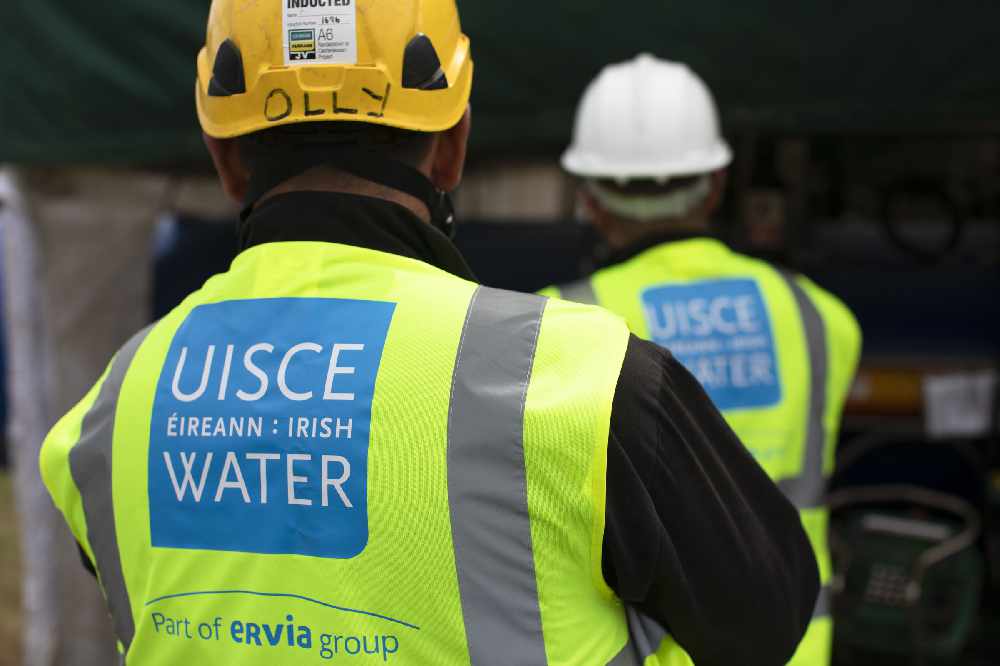
The Swan in Laois is one of the areas included in a list of 12.
The vast majority of our 750 water treatment plants continue to meet the demand for water supply as hot weather sees an increase in water usage across the country. Irish Water would like to thank members of the public for their responsible use of water and is asking everybody to continue to take some simple steps to conserve water and to avoid the need for restrictions later in the summer.
Since the middle of last week Irish Water has seen a noticeable increase particularly in seaside resorts and agricultural areas with demand likely to remain high through July and August.
There are 12 areas currently most at risk of drought:
- Bennettsbridge and Clogh Castlecomer in Kilkenny
- Coalbrook in Tipperary
- Clonaklilty, Roberts Cove, Whitechurch and Coppeen in Cork
- Wexford Town and Bunclody in Wexford
- Inis Oirr in Galway, Swan in Laois and Carron in Clare
In areas affected Irish Water have implemented a range of measures such as tankering and / or night time restrictions to protect supplies and ensure water keeps flowing to homes and businesses. Irish Water is also closely monitoring a number of other schemes including Letterkenny in Donegal and areas in West Galway, Cork, Limerick and Waterford.
Supplies in the Greater Dublin Area are healthy, but we have seen demand for treated water increase by 4% on average in the last week alone. Irish Water currently have a programme of works ongoing in a number of treatment plants in the region to cater for greater demand in the short to medium term.
There are a number of easy steps to reduce their water usage during the hot weather, including:
- Avoid power washing and keep the garden hose in the shed
- Check for leaks on outdoor taps or troughs as these can lead to large losses of treated water
- Remember that paddling pools and swimming pools can use huge volumes of water so consider reusing the water for the garden or cleaning the car.
- Report any visible leaks on the public network to Irish Water at water.ie or call 1800-278278.
- Where householders experience very low flow or pressure, lower than neighbouring properties, they may have a service pipe leak. Irish Water’s First-Fix-Free Scheme can help with location and repair of external leaks. Details at water.ie or call 1800-278278.
Tom Cuddy, Irish Water’s Head of Asset Operations, said. “We would like to thank the public for their support in conserving water and ask that they continue to conserve over the summer months. It can sometimes be difficult to know where to start, but even small changes can make a significant difference – and we can all play our part. By reducing the water used for example turning off the hose and avoiding power washing we can all help ensure there is enough water to for everyone as we go through the summer."
“To help people learn more about saving water we have developed an easy-to-use conservation calculator so they can work out how much water they are currently saving and how they can conserve even more. The free calculator is available on the Irish Water www.water.ie/calculator where you can also fine lots of useful water saving tips."
“We will continue to monitor the levels at all our supplies over the coming weeks and months and take any actions that may be necessary to maintain supplies, including communicating about localised issues as they arise.”
Members of the public can report any leaks in the public water network by contacting Irish Water 24/7 at 1800 278 278 or on the Irish Water Website.
WATER SAVING TIPS
At home:
- Take a shorter shower
- Fix dripping taps or leaking toilets in your home
- When brushing your teeth or shaving, turn off the tap and save up to 6 litres of water per minute
- Minimise the amount of water used in paddling pools
- If you need to wash your car, use a bucket and sponge instead of a hose
- Report any external leaks to Irish Water at 1800 278 278. No leak fixes itself and every leak gets progressively worse. The escaping water can weaken the ground or cause slippery footpaths and roads. The leaking water reduces the supply pressure for adjacent properties. What looks like a small leak at the surface can be using the equivalent to 20-30 households
In the garden:
- Save and reuse water collected from baths, showers, and hand basins in the garden
- In the garden use a rose head watering can instead of a hose and aim for the roots
- Consider installing a water butt to collect rainwater – this can then be used for watering the garden during dry weather
- Do your watering in the evening, when it won’t evaporate
- Pots and containers need lots of water to prevent drying out, so plant directly into the ground as much as possible
- Another good tip is to add a layer of plant material, like bark, to your flower bed to prevent evaporation and reduce the need for watering
On the Farm
- Fix troughs - Watch out for overflowing drinking troughs as they can waste significant amounts of water. Adjust the ball valves to lower the float or replace faulty parts.
- Dry cleaning - Save water when cleaning the yard by using dry-cleaning techniques. Use scrapers and brushes to remove solid waste from yards and pens before hosing. You can also use a small amount of water (e.g. one bucket) to pre-soak waste before cleaning.
- Clean plate cooler water - If you own a dairy farm, you can divert clean plate cooler water to a tank and use it for parlour washing.
- Consider Rainwater Harvesting - rain from the roofs of farm buildings can be used for a variety of activities such as washing down yards. Consider the level of rain water quality required for specific water uses on the farm (e.g. plant nurseries and field irrigation) and the surfaces and contamination risks before you consider installing appropriate rain water harvesting, treatment (filtration and UV) and storage systems.
- Take action to protect water sources - Avoid contamination of surface waters by reducing or eliminating access to livestock by fencing off watercourses. Pollution containing animal faeces can affect the water environment, nutrients and soil. Destroyed bankside vegetation can also contribute to flooding.
- There are lots more water saving tips for farmers on our website at https://www.water.ie/conservation/business/business-conservation-tips/agriculture/.
Irish Water, as one of the leading water utilities in this space, has a first-of-its-kind dedicated water stewardship programme where we work with businesses to help them understand and reduce their water use. Find out more at water.ie/businessconserve with advice for a range of industries including hospitality, manufacturing, agriculture and small businesses.
More information on water conservation can be found at https://www.water.ie/conservation/.


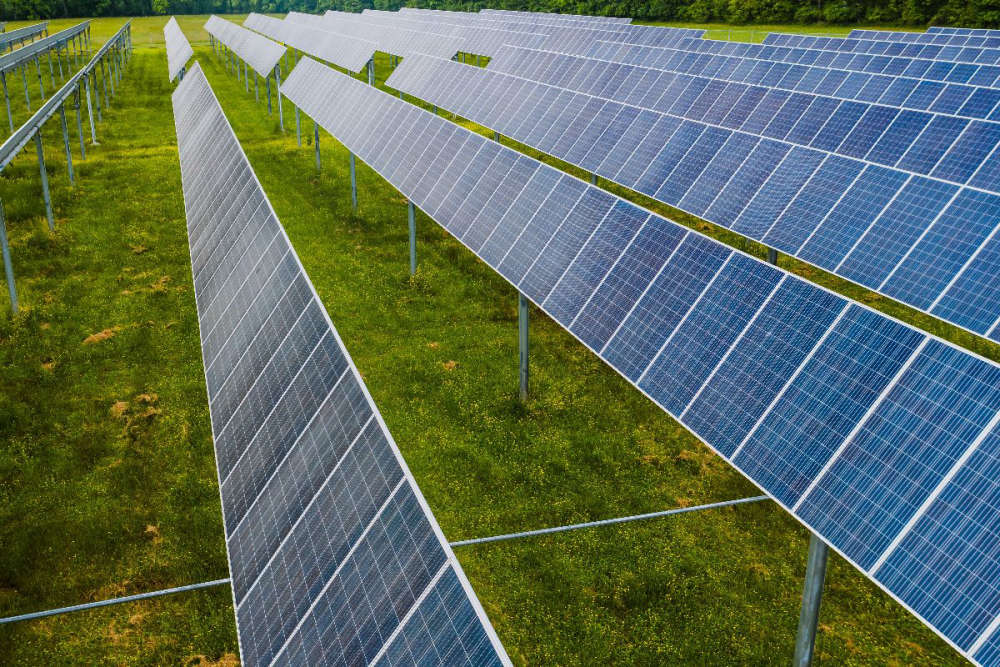 Westmeath Solar Farm Proposals Up For Decision
Westmeath Solar Farm Proposals Up For Decision
 Century-Old Westmeath Business To Close
Century-Old Westmeath Business To Close
 Lack Of Supply Leads To 8% Jump In Midlands House Prices - Association of Irish Mortgage Advisers
Lack Of Supply Leads To 8% Jump In Midlands House Prices - Association of Irish Mortgage Advisers
 Taoiseach Offers Assurances Over Government's Focus On Westmeath Paediatric Diabetes Services
Taoiseach Offers Assurances Over Government's Focus On Westmeath Paediatric Diabetes Services
 Robot Dogs And Psyche Tests Feature On TUS Athlone Open Day
Robot Dogs And Psyche Tests Feature On TUS Athlone Open Day
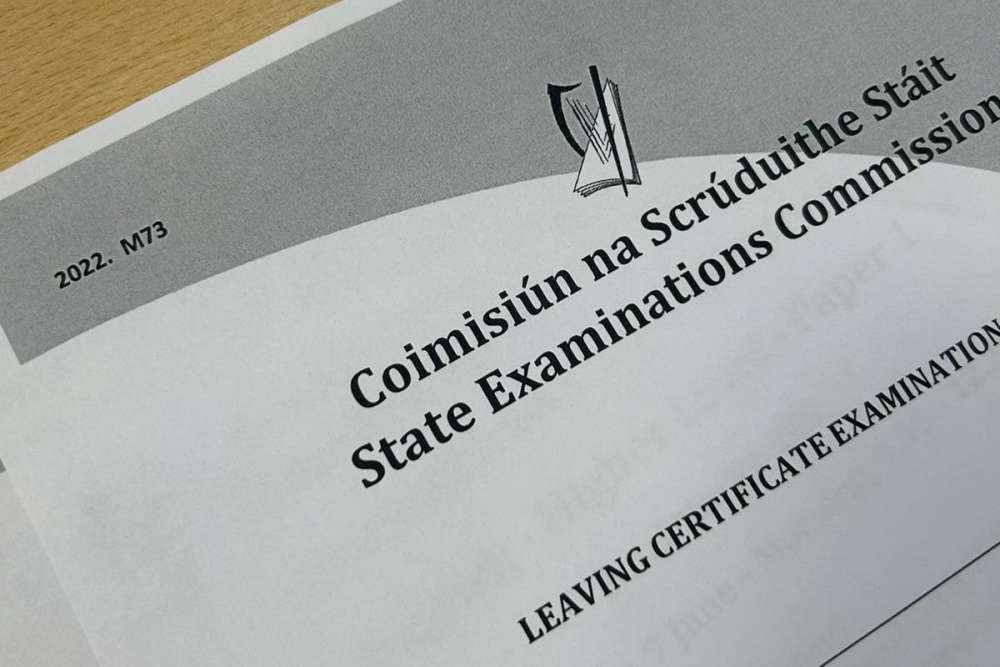 Release Date For Leaving Cert Results Revealed
Release Date For Leaving Cert Results Revealed
 Westmeath Star Robbie Henshaw Opens New Vision Ireland Store
Westmeath Star Robbie Henshaw Opens New Vision Ireland Store
 Clear Choice On €20m Offaly Hospice Site, Says North Westmeath Hospice
Clear Choice On €20m Offaly Hospice Site, Says North Westmeath Hospice
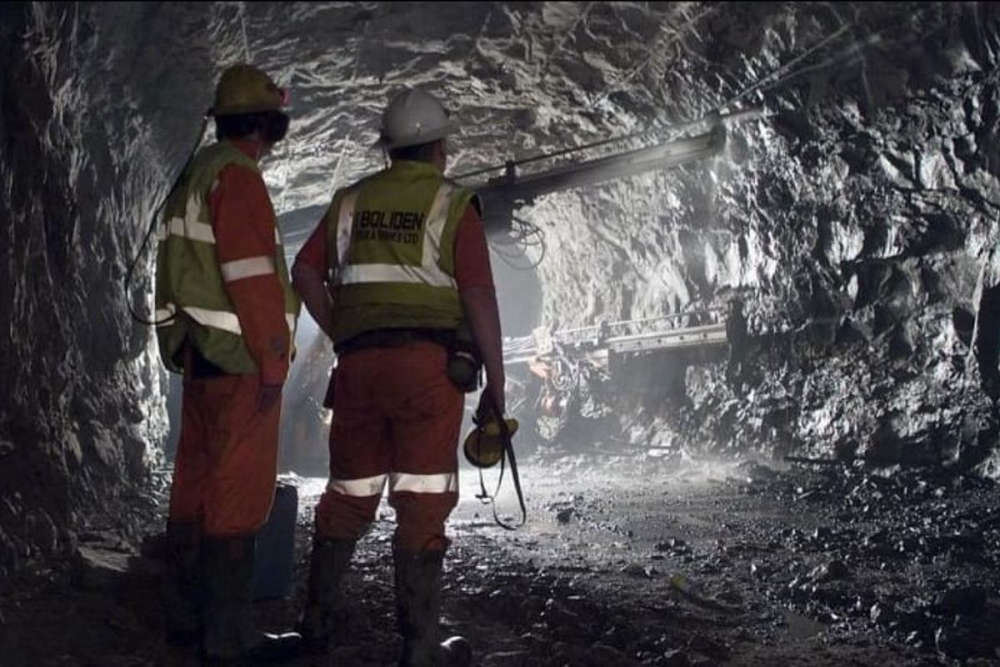 Tara Mines Set To Reopen
Tara Mines Set To Reopen
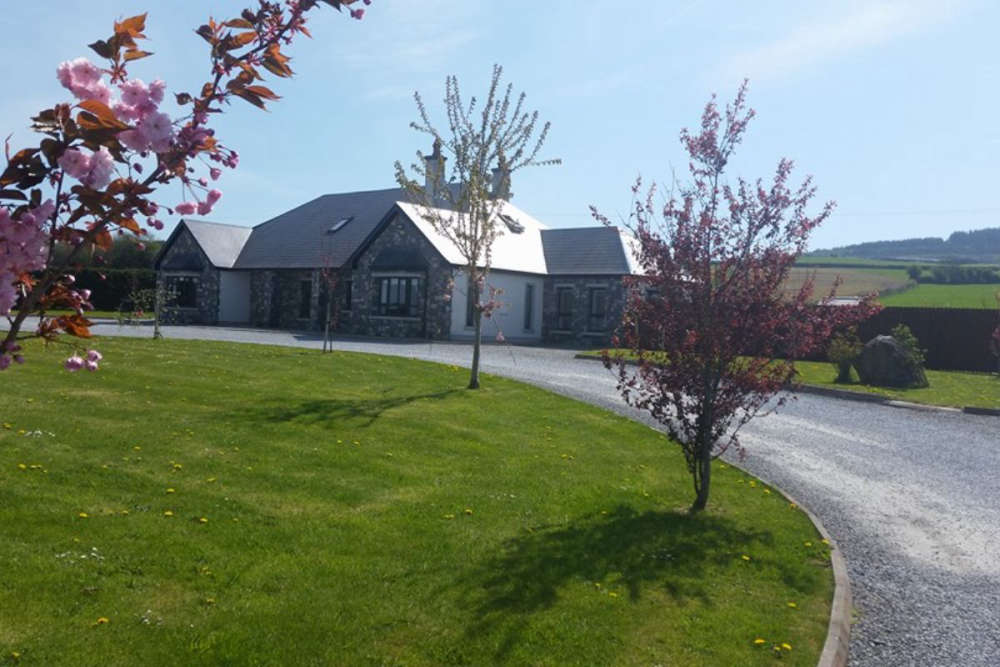 Childcare "Crisis" Forcing Closure Of Laois Provider
Childcare "Crisis" Forcing Closure Of Laois Provider
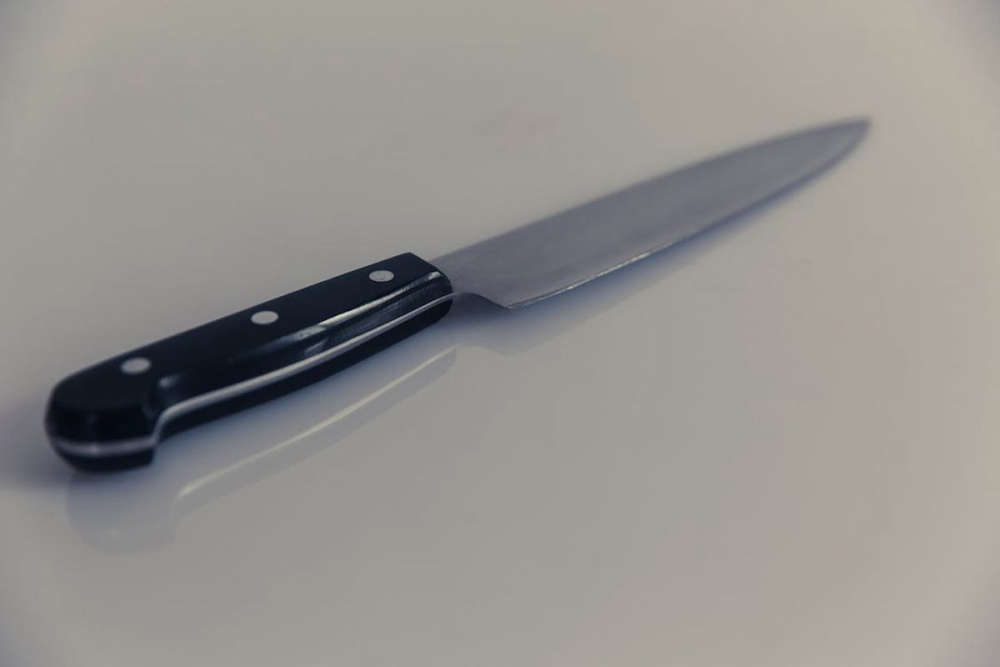 Almost 600 Knives Seized By Midlands Gardaí Since 2020
Almost 600 Knives Seized By Midlands Gardaí Since 2020
 Nurse Transferred From Portlaoise Hospital To Alleviate Pressure On MRHM - Sinn Féin
Nurse Transferred From Portlaoise Hospital To Alleviate Pressure On MRHM - Sinn Féin
 Offaly Town's Masterplan Prioritising 'Walkability'
Offaly Town's Masterplan Prioritising 'Walkability'
 Funeral Arrangements Announced For Offaly Man Who Died In Workplace Incident
Funeral Arrangements Announced For Offaly Man Who Died In Workplace Incident
 Petition For Westmeath Paediatric Diabetes Service Picks Up Over 1.5k Signatures
Petition For Westmeath Paediatric Diabetes Service Picks Up Over 1.5k Signatures
 24 Hour Gym Coming To Offaly
24 Hour Gym Coming To Offaly
 Gardaí Investigating Westmeath Burglary
Gardaí Investigating Westmeath Burglary
 Midlands Man Who Died In Workplace Incident "Had A Rapport With Everyone"
Midlands Man Who Died In Workplace Incident "Had A Rapport With Everyone"
 "It's A Crucial Time For Radio" - New Chief Executive Of IBI
"It's A Crucial Time For Radio" - New Chief Executive Of IBI
 Air Attack On Iran Likely Within Next 48 Hours - Former Army Ranger
Air Attack On Iran Likely Within Next 48 Hours - Former Army Ranger